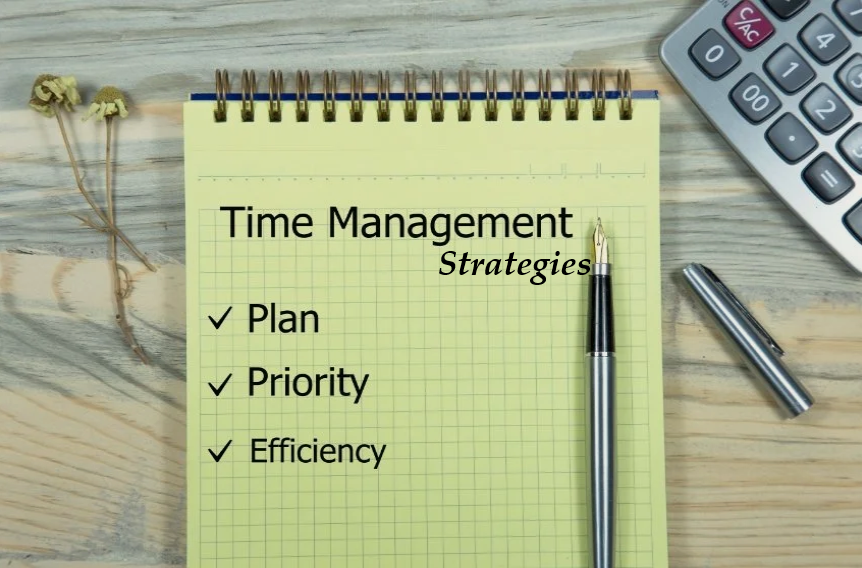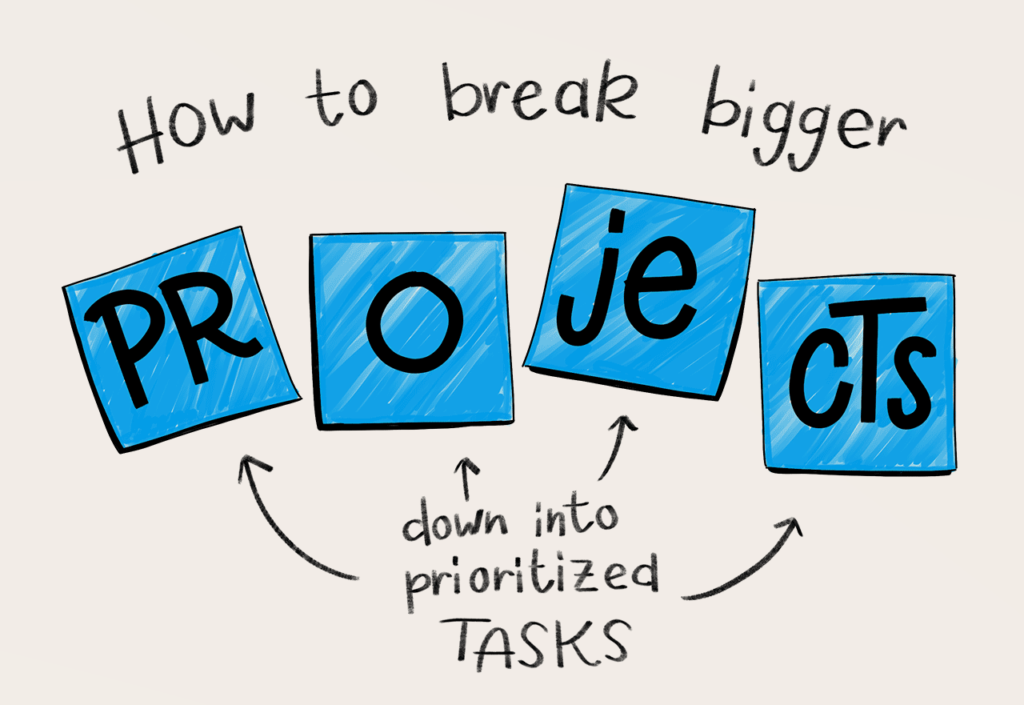Effective time management strategies are crucial in the contemporary workplace. A staggering 89% of workers report suffering major time loss as a result of distractions, with email, social media, and mobile devices being the main causes. Applying the five suggestions can reduce problems and boost output.
Time management strategies are crucial for getting the most out of each day. This article covers six advanced techniques, aiming to help individuals have more control over their time and productivity. Implementing these strategies can lead to fewer distractions and increased productivity at work.
For what reason is time management important?
Do you want to do more tasks in a given day? Do you wish to achieve a more healthy work-life ratio? If you could complete more work in less time, what would you do with your additional time?

Whatever your reason for wanting to get better at managing your time, the following advantages are sure to occur:
- An increase in productivity
- Decreased stress
- Improved workflow management
- The capacity to regularly fulfill deadlines
- Better work quality
- Less procrastination
Five time management strategies to enhance efficiency:
1. Start your day with a clear plan
Create a workday plan by creating a to-do list of tasks, which can improve time management. Physically crossing off completed tasks ensures accomplishment and allows for daily progress reviews.

While not groundbreaking, a to-do list can significantly improve your time management. Effective time management involves understanding deadlines and setting reminders, such as 15 minutes before a meeting or event, to ensure preparation and organization.
2. Set the most crucial tasks first
It is now time to set goals for your to-do list after you have built it. Setting goals enables you to focus on the most crucial activities of the day and make efficient use of your time. There are several methods for ranking the items on your to-do list in order of importance.
- Select your top three most crucial tasks to accomplish and initiate the process.
- Divide your duties into three priority categories: high, medium, and low.
- The task involves ranking each item on a scale of 1–10 and arranging them in a specific order.
3. Breaking down larger projects into smaller tasks
Being overwhelmed is one of the most common effects of poor time management on big projects. If you’re feeling overworked, you might want to put off doing it and focus on something else. Divide big jobs into smaller, more achievable tasks to get beyond that feeling.

It is simpler to begin by focusing on individual components of the puzzle rather than the entire image. You will make progress and enhance your general time management skills as you work on the assignment in manageable portions.
4. Summary and review of the day
It’s time to take stock of your achievements at the end of the day and prepare yourself for success the next. Reviewing your list of things to do from that day is a great way to assess what you completed and what has to be done tomorrow. You may also take this opportunity to honestly evaluate how effectively you handled your time during the day in your end-of-day evaluation. You can determine what’s working and where you still need to grow by reflecting on yourself.
5. Decrease the amount of multitasking
Many studies indicate that multitasking reduces productivity, even if it may feel like you are getting more done on your to-do list. Similarly, concentrating on one project at a time would prevent the mental strain of switching between projects, which causes a lag. Wait and finish the task at hand before going on to the next item on your list if you want to make better use of your time.
Extra techniques for organizing time management strategies:
To enhance your time management skills, consider integrating time management strategies with new technology platforms, such as four effective tools, particularly for remote workers, to enhance your productivity and efficiency.
Time-keeping devices
There are several time trackers available that make it simple for you to record your time. You may obtain a more realistic picture of your productivity and time allocation by setting up a machine to measure the amount of time you spend on different tasks.
Productivity Apps
Productivity tools and apps help limit distractions and prevent time waste. They allow users to block unproductive activities or provide task productivity feedback based on time spent vs. the intended allocation, with various functionalities available.
Project management tools
Project management tools offer a comprehensive solution to managing entire projects, providing a single source of deadlines, project details, descriptions, and file-sharing capabilities, thereby enhancing productivity and increasing task time.
Platforms for collaboration
Slack and Zoom enable remote teams to collaborate on projects, offering video conferencing for comfort and detailed comment features for direct feedback on documents, making communication more efficient and comfortable for remote teams.
Conclusion:
Evaluate your time management strategies, ensuring a healthy balance between work and home life, completing important tasks, and investing time in personal well-being. If these are not working, reevaluate and transition to more effective ones. Successful time management leads to increased personal happiness, more accomplishments at home and work, and a more satisfying future.



